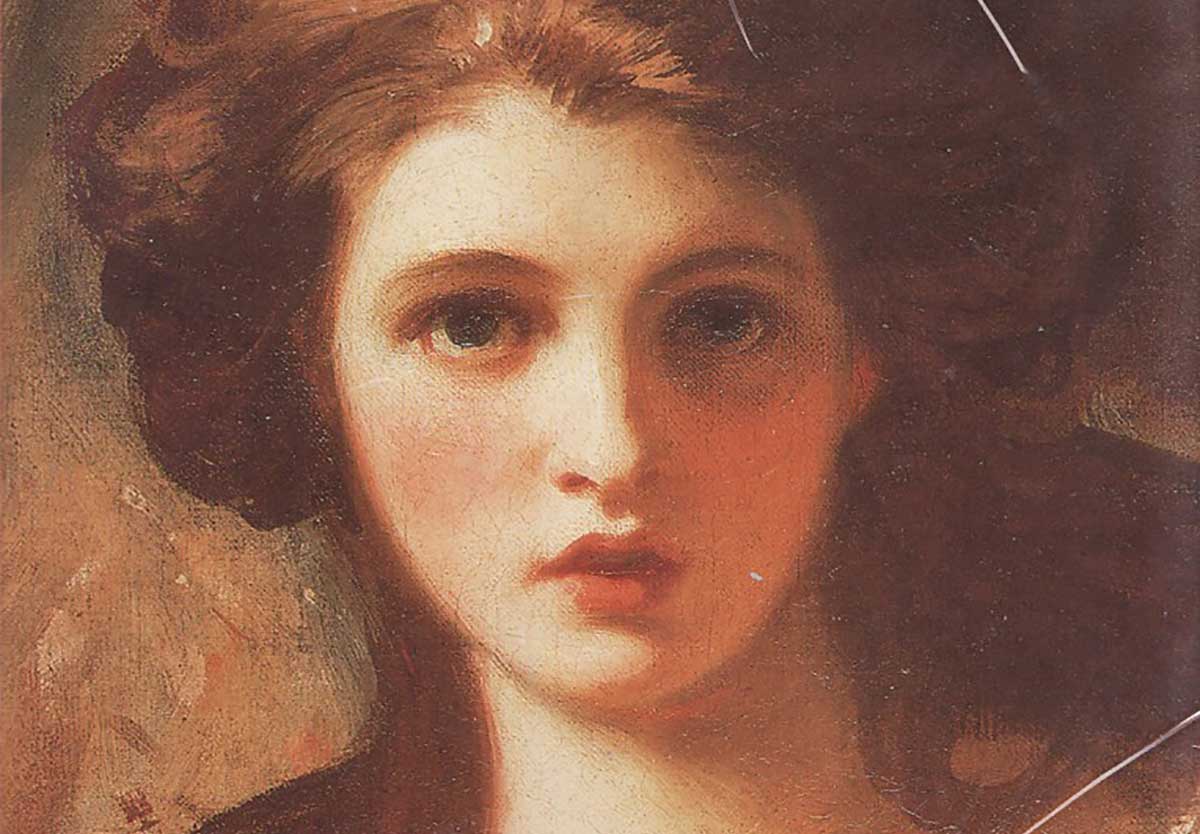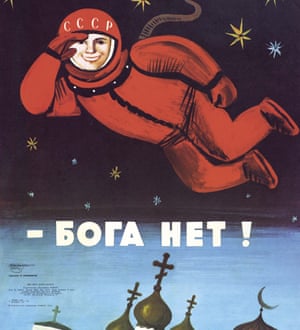via Interesting Literature
An overview of haiku as a poetic form
Many of the things we think we know about the Japanese poetic form of the haiku are inaccurate, if not downright incorrect. The common perception, or understanding, of haiku might be summarised as follows: ‘The haiku is a short Japanese poem containing 17 syllables, following a tradition, and a name, that remains unchanged after centuries.’ There are, however, several problems with such a definition of the haiku, which this short introduction aims to address and make clear.
Continue reading
==============================
via ResearchBuzz Firehose: History For All the People, A State Archives of North Carolina blog

Photograph of songwriter Irving Berlin, wearing his U.S. Army uniform, standing against a wall next to a poster advertising the only civilian performance of Berlin’s traveling U.S. military play This Is The Army at the Teatro Reale dell’Opera in Rome, Italy, in June 1944. The play was in Rome performing for U.S. military personnel during an international tour in World War II (June 1944) [Photograph by: Zinn Arthur].
The State Archives of North Carolina’s Military Collection is excited to announce the availability online of 416 original photographs documenting the international tour of American songwriter Irving Berlin’s traveling U.S. Army play This Is The Army was performed from October 1943 through October 1945 during World War II. Developed from the 1942 Broadway musical play and the 1943 Hollywood film of the same name, This Is The Army (abbreviated by the cast and crew as “TITA”) was initially designed to raise money for the war effort in the United States, and featured one of the most famous wartime songs of the 1940s “This Is The Army, Mister Jones.” TITA became the biggest and best-known morale-boosting show of World War II in the U.S.
Continue reading
==============================
via Boing Boing by Alyssa Favreau

Just because books are lauded today, doesn't mean they weren't, in their own time, received with anger, fear, and disdain. Some of the most valuable works of literature we have got their start amidst disgrace and outrage, though in the long run at least, they didn't seem to suffer too much for it.
Continue reading
==============================
via About History by Alcibiades

Theodoric I, was King of the Visigoths from 418 to 451. Theodoric I was the son or, more likely, the son-in-law, of Alaric I. He was elected king at a general meeting of his people. The very fact of the long reign of Theodoric I indicates that he was able to maneuver between both factions of his people. On the one hand, he was sufficiently hostile to Rome. On the other hand, he managed to pacify the Visigothic nobility and strengthen its position as an agricultural aristocracy and ruling class. What we know about his activities shows that he treated Rome with selective and cautious hostility. In the years of his reign, the Visigoths were still considerably inferior to the Romans in military power, and Theodoric never made an attack on Roman territory without first ascertaining that the Romans were busy elsewhere.
Continue reading
==============================
via Arts & Letters Daily: Cailey Hall in the Los Angeles REview of Books
All romance readers will, at some point, be forced to defend their favorite genre. It’s inevitable, as anything too fun or too pleasurable always requires an explanation. I’ll start with mine: I was in the fifth year of my English PhD, and I had just turned in my dissertation prospectus to my committee. I wanted a break from work, but graduate student guilt required something that still felt vaguely productive. Since my field is British Romanticism, I decided to “investigate” whether Regency-set romance novels accurately represent the Regency period, and, on the recommendation of friends, I began reading Loretta Chase’s now-classic Lord of Scoundrels (1995). Although I started reading romances because they were, in some sense, a part of my academic work, I couldn’t fool myself for long. Immediately, I was hooked, and my reading went way beyond my initial academic interests. In the few years since that first taste, I have consumed at least 200 romance novels — a tally that still leaves me a relative novice compared to many veteran romance readers. I start here because it feels almost inevitable that what follows will be at least part apologia, but this is the last of my defenses. Instead, I want to spend some time thinking about what counts as a romance novel, and why the genre — in all its permutations — matters.
Continue reading
Oh boy! Mills and Boon from my teenage years and Georgette Heyer’s Regency romances survive to this day on my bookshelf. Yes, all of them.
==============================
via the Guardian by Neil MacGregor

‘There is no God,’ says Yuri Gagarin in this 1975 Soviet propaganda poster … The Road is Wider Without God/God Doesn’t Exist by Vladimir Menshikov Photograph: The State Museum of the History of Religion, St Petersburg, Russia
It must surely be one of the most beguiling and evocative posters of the 1970s. High above the Earth, floating serenely among the stars and loosely tethered to a speeding spaceship, Yuri Gagarin smiles out at us and salutes. The first man in space is dressed in brilliant communist red, and emblazoned on his helmet are the letters CCCP (the Russian initials for the USSR). Above the skies, he looks around and tells us what he can see, or rather what he can not see: Boga Nyet!: There is no God! Below him are the toppling towers and domes of churches and mosques, left behind and condemned to imminent collapse by the soaring achievements of Soviet science. The old religions are withering away. Reason and research have raised humanity to a new idea of heaven – we can now all join Gagarin in an achievable paradise, empty of divine beings, and full instead of starry promise.
Continue reading
==============================
via the Big Think blog by Jennifer Chu (MIT News Office)
Signals from rare black hole-neutron star pairs could pinpoint rate at which universe is growing, researchers say.
Since it first exploded into existence 13.8 billion years ago, the universe has been expanding, dragging along with it hundreds of billions of galaxies and stars, much like raisins in a rapidly rising dough.
Astronomers have pointed telescopes to certain stars and other cosmic sources to measure their distance from Earth and how fast they are moving away from us — two parameters that are essential to estimating the Hubble constant, a unit of measurement that describes the rate at which the universe is expanding.
Continue reading
==============================
via Boing Boing by Andrea James

This short documentary visits Lite Brite Neon in New York to see how neon lights come to life, with a piece being made from start to finish.
Continue reading
==============================
via Interesting Literature
In this week’s Dispatches from The Secret Library, Dr Oliver Tearle salutes the master of heroic fantasy and one of his most curious novels
Like many people, I came to David Gemmell through Legend, his 1984 debut which would go on to become a classic of modern fantasy literature, and one of the most definitive novels in the subgenre of heroic fantasy. Unlike most, though, as I read my way through David Gemmell’s entire back catalogue, I found myself rating other novels far higher than Gemmell’s debut. Legend has heart, and it signalled the arrival of a distinctive new voice in fantasy, but, as Gemmell himself admitted, the writing wasn’t always perfect. He learned a lot in the years that followed, and, to my mind, the prequel he wrote nearly a decade later, The First Chronicles of Druss the Legend, is his most perfectly crafted piece of storytelling.
Continue reading
==============================
via About History by Alcibiades

The Kingdom of Sicily existed in the of modern Italy from 1130 to 1861. It included the actual island of Sicily, and also, at different times, southern Italy with Naples and, until 1530, Malta. After 1302, it was sometimes called the Kingdom of Trinacria. In certain periods of history, it belonged to the Spanish kings and emperors of the Holy Roman Empire. In 1816, it was united with the kingdom of Naples, called the Kingdom of Two Sicilies. In 1861, the Kingdom of the Two Sicilies became part of united Italy.
Continue reading
No comments:
Post a Comment